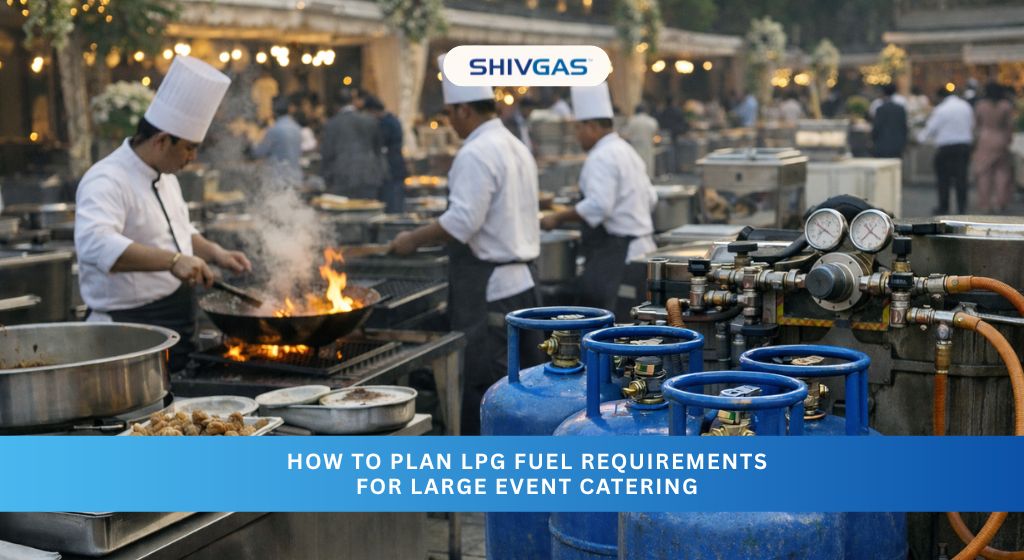
Large event catering is very different from cooking in a normal kitchen. When you are handling 800 guests at a wedding or 1,500 people at a corporate event, things move fast and expectations are high. You can’t tell guests to...
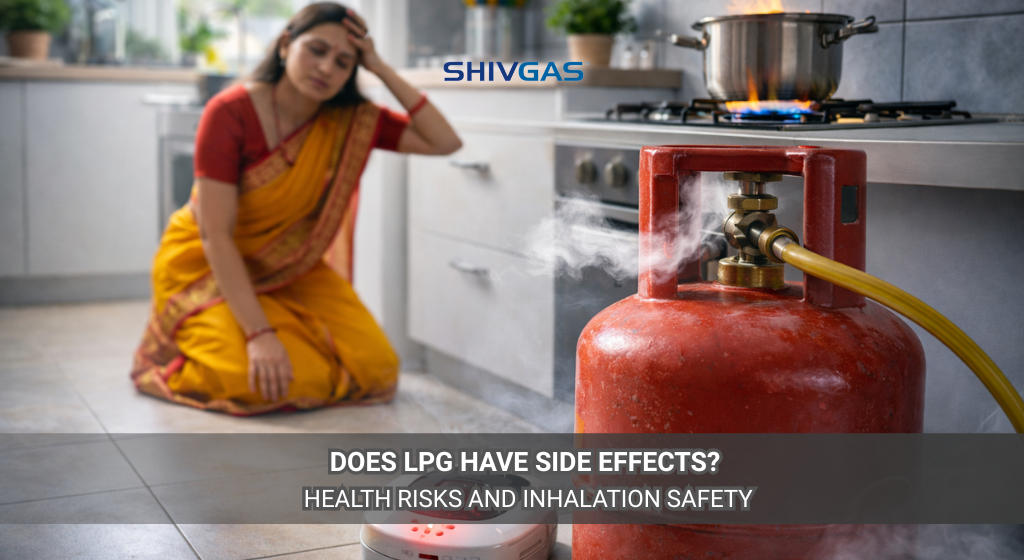
LPG is a reliable and widely used fuel for homes and businesses. When you install it correctly and follow basic safety practices, it works without causing harm. However, when leaks occur or ventilation remains poor, LPG can affect health and...
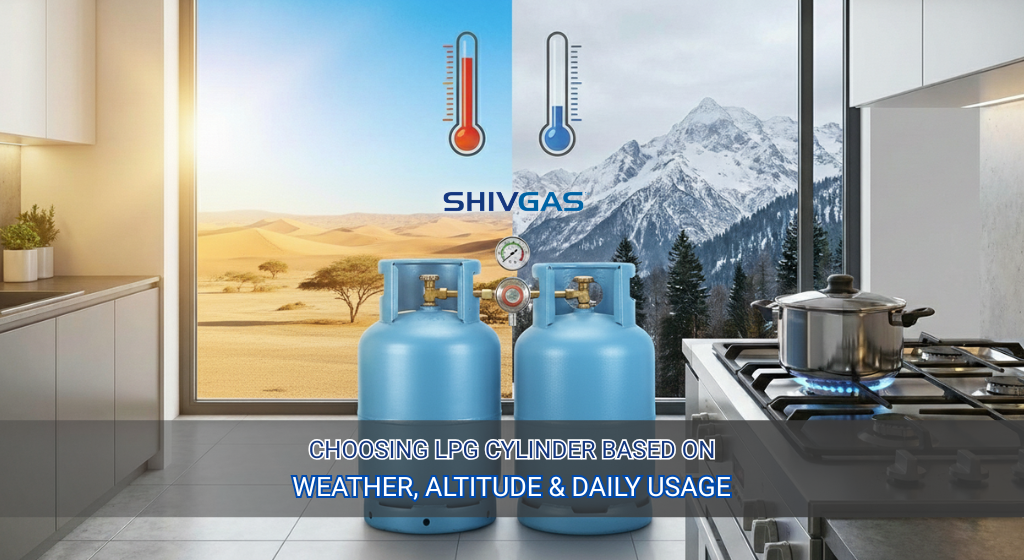
When you use an LPG cylinder, you expect it to work safely and consistently. But what many people don’t realise is that the climate in your region affects how your LPG (Liquefied petroleum gas) fuels your daily cooking or other...
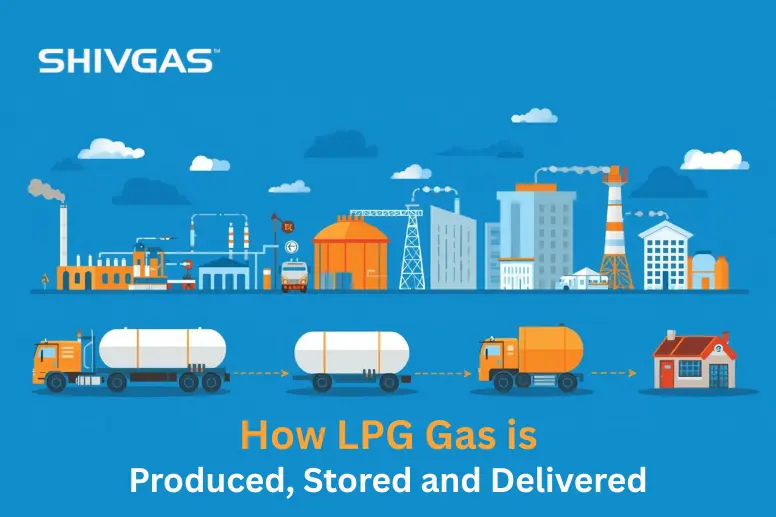
When you turn on your gas stove and notice that steady blue flame, it’s a reassuring sign that your kitchen is ready for a new day. The invisible force behind that flame is liquefied petroleum gas (LPG). It is a...
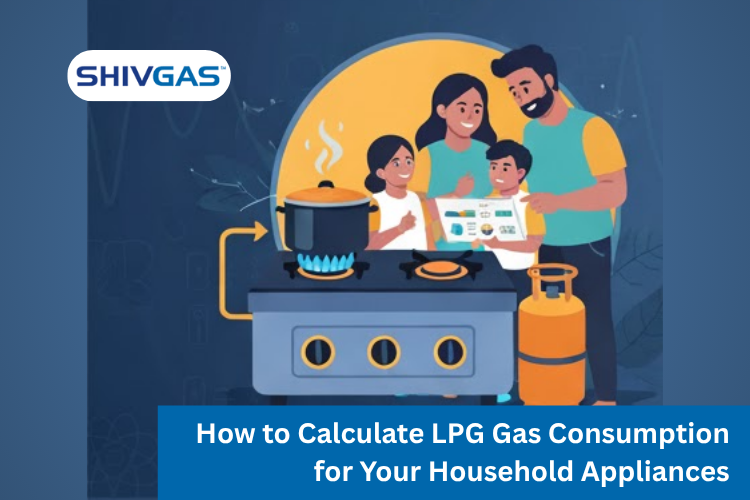
Did your LPG cylinder run out right in the middle of cooking? You’re not alone. Normally this can be because we don’t really know how much gas our appliances consume. This blog is your chance to crack the mystery of...
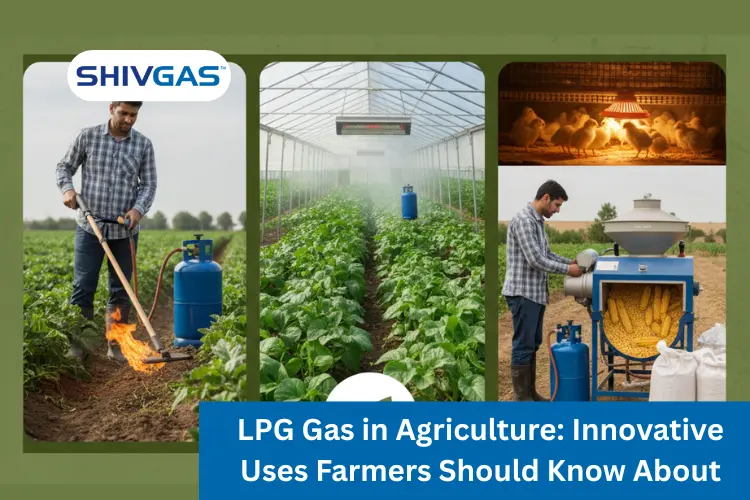
LPG isn’t just for kitchens anymore! Many farmers have already started to discover how LPG gas in agriculture makes their daily operations easier, starting from irrigation and crop drying to greenhouse heating. Those who have adopted it are seeing tangible...
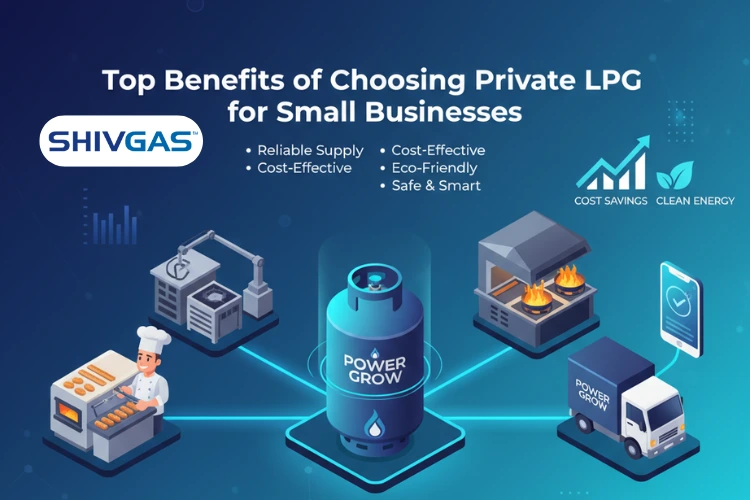
Summary What if the energy source you choose for cooking or industrial use could decide whether your small business will thrive or struggle? From cutting costs to boosting reliability, private LPG for small businesses is changing the way entrepreneurs power...
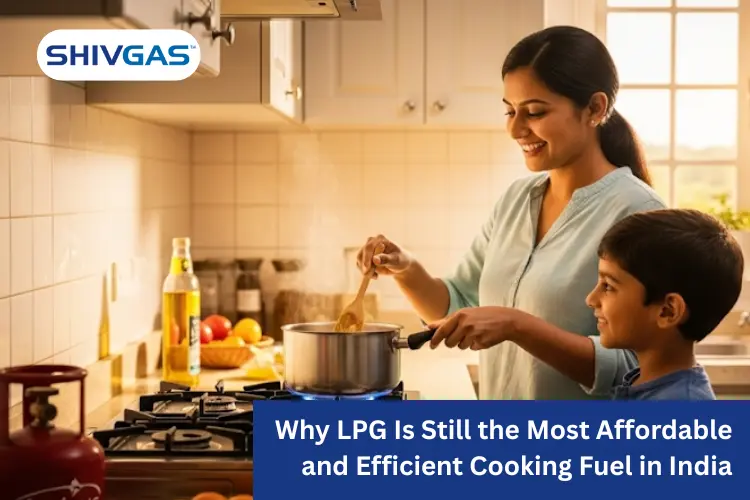
You may not notice it, but the kind of fuel you use for cooking decides how much time, money, and effort you spend in the kitchen. LPG cooking fuel has been powering Indian kitchens for decades now, but do you...

Summary: When it comes to cooking at home, the big question often is, should you stick with LPG cylinders or switch to PNG pipelines? Both have their pros and cons, and the choice affects your budget, safety, and convenience. This...
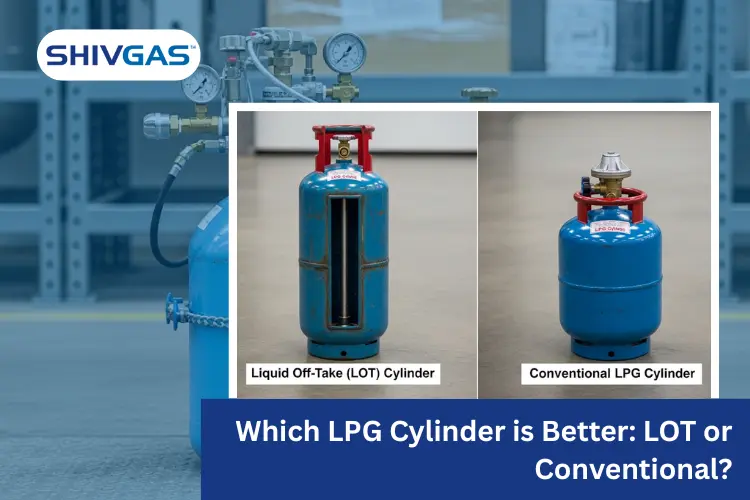
Summary: LOT cylinders and conventional cylinders may look similar at first glance, but the way they work and the value they bring to your kitchen, restaurant, or business are very different. Both types of LPG cylinders have their own strengths...